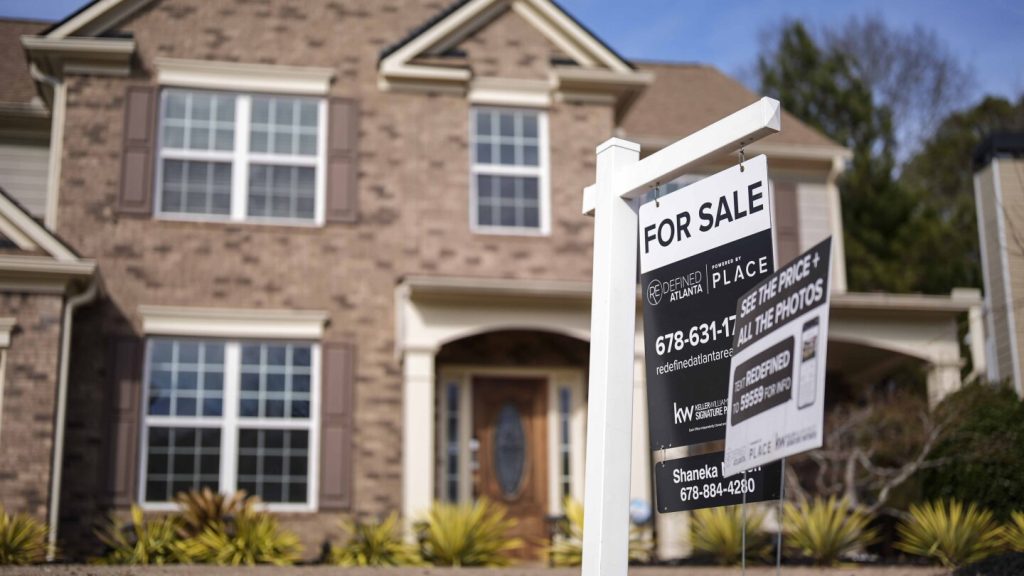Georgia lawmakers are hoping to limit property tax increases with a package of legislation that has received final approval. The measures include a state constitutional amendment that would restrict increases in a home’s value for property tax purposes to the rate of inflation each year. This plan, if approved by voters in a November referendum, aims to prevent “back door” tax increases by governments that benefit from rising home values without lowering tax rates. Rising property tax bills have been a top concern for many constituents, and statistics show a significant increase in property tax collections in Georgia over the past few years.
House Resolution 1022 and House Bill 581 have passed both the House and the Senate, with the support of lobby groups for cities and counties. However, school boards have opposed the cap, expressing concerns that it could deprive schools of necessary revenue. The proposal allows local governments and school districts to opt out of the cap until March 1, 2025, after which they would be governed by the restrictions. Homeowners with a homestead exemption would benefit from the cap as long as they own their home, with the assessed value resetting to market value when the home is sold.
In addition to the property tax cap, lawmakers have also agreed to increase the statewide homestead tax exemption, which could save homeowners money on their tax bills by reducing the taxable value of their home. The bill also includes a provision that would allow governments to increase sales taxes to replace property taxes. Republicans in Georgia have been advocating for local governments to roll back tax rates to keep bills level when valuations increase. Many counties, cities, and school systems in Georgia have adopted laws limiting how much assessed values can rise, with some limits benefiting homeowners who are 65 or older.
The proposal has caused some division among lawmakers, with senators wanting to mandate the cap for all cities, counties, and school districts that do not already have a more restrictive cap, while House members prefer allowing governments to choose to opt in. School boards remain concerned about the potential impact on school funding, as most districts have limitations on tax rate increases. The debate over property tax increases has been a significant issue in several states, with lawmakers in states like Texas, Kansas, Colorado, and Pennsylvania also facing pressure to address rising levies.
Overall, the legislation aims to provide relief for taxpayers in the short term while keeping taxes down in the long term. The proposal has garnered bipartisan support, with lawmakers touting it as a significant tax-cutting effort that could have a lasting impact on property tax increases in Georgia. With the support of various interest groups and the potential for voter approval in a referendum, this package of legislation could bring significant changes to the way property taxes are assessed and collected in the state.


